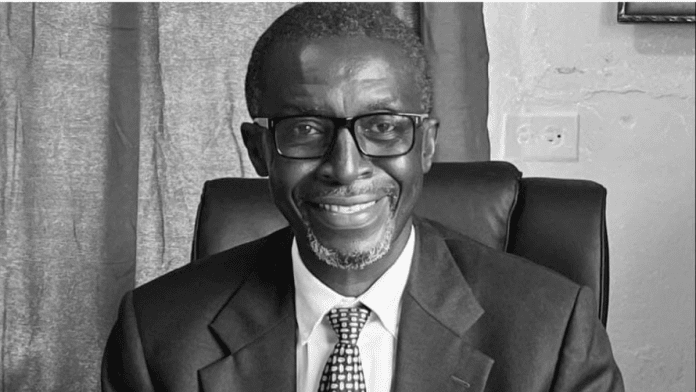News in brief: Liberian presidential candidate Tiawan Saye Gongloe plans to use the army to combat hunger by deploying them alongside farmers for increased food productivity. Despite concerns about feasibility, Gongloe aims to leverage the military to address food security issues and reduce the country’s reliance on food imports.
Presidential candidate under Liberiaâs political party (LPP), Tiawan Saye Gongloe, has disclosed that he will use the army to combat hunger, if elected president in October.
The LPP representative said the Armed Forces of Liberia will be deployed to various counties, together with farmers, and they will participate in agriculture and grow more food for the country.
According to a local media outlet, Gongloe lamented the fact that the country spends lots of money on importing food despite having fertile soil for farming. He believes that supporting agriculture, health, education and infrastructure will add more value to his presidency.
The presidential candidate remarked on how the army is sitting idly, hence, his promise to engage them to boost food productivity.
However, observers are not sure exactly how feasible the intended move is, as the outlet reports, but they have noted that he is the only presidential candidate telling them how he plans to solve the countryâs problems if elected.
Liberia is scheduled to hold its general elections in October 2023, its fifth set since the end of the second civil war in 2003.
Agriculture is a major sector of Liberiaâs economy worth 36% of its gross domestic product (GDP), although it used to be as high as 65% to 79% in the early 2000s.
Liberiaâs climate is considered favourable for farming with vast forests and an abundance of water, yet low yields mean that it imports about 80% of its staple food crops, especially rice.
Gongloe is not the first Liberian politician to offer to improve the agriculture sector, there have been several government efforts and interventions to boost food production. Some of the most recent ones include the Liberia Agriculture Sector Investment Plan (LASIP II) and Pro-Poor Agenda for Prosperity and Development (PAPD).
The most prominent challenges to implementing interventions in the country has been lack of a proper management structure and clear communication strategy, as the African Development Bank (AfDB) puts it. There are also challenges with coordination, caused by political transition.



